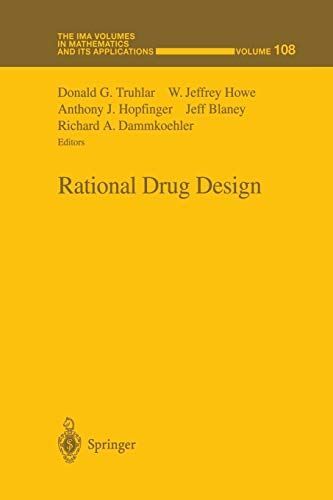
Rational Drug Design
Drug research and discovery are of critical importance in human health care. Computational approaches for drug lead discovery and optimization have proven successful in many recent research programs. These methods have grown in their effectiveness not only because of improved understanding of the basic science - the biological events and molecular interactions that define a target for therapeutic intervention - but also because of advances in algorithms, representations, and mathematical procedures for studying such processes. This volume surveys some of those advances. A broad landscape of high-profile topics in computer-assisted molecular design (CAMD) directed to drug design are included. Subject areas represented in the volume include receptor-based applications such as binding energy approximations, molecular docking, and de novo design; non-receptor-based applications such as molecular similarity; molecular dynamics simulations; solvation and partitioning of a solute between aqueous and nonpolar media; graph theory; non-linear multidimensional optimization, processing of information obtained from simulation studies, global optimization and search strategies, and performance enhancement through parallel computing.